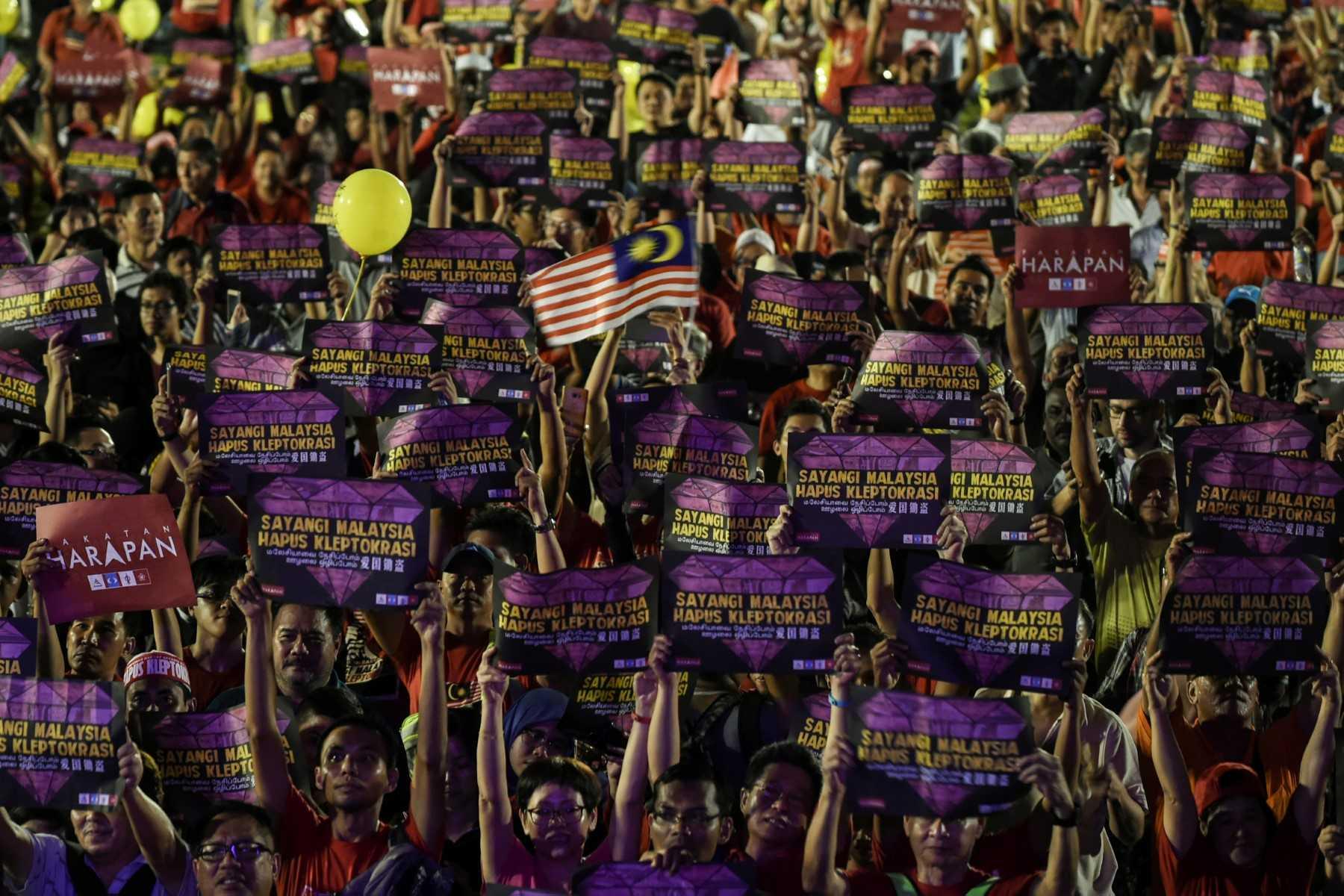Promises of reform easier said than done, say analysts
Analysts comment on Pakatan Harapan's U-turns since forming the government for a second time.
Just In
The recent U-turns on a number of issues championed by Pakatan Harapan (PH) during its time in the opposition underscore the realities of politics and of being in government, analysts say as various coalition leaders come under fire for appearing to backtrack on their previous stands.
Home Minister Saifuddin Nasution Ismail, for instance, triggered a heated debate last month by his defence of the Security Offences (Special Measures) Act 2012 or Sosma, which PH had opposed due to the abuse long linked to the controversial law.
Economy Minister Rafizi Ramli meanwhile ruffled feathers with his remarks on chicken prices, saying that "by right", people should avoid buying chicken when prices increase.
His comments came despite his strong criticism of another minister in 2013 who made similar remarks.
In terms of freedom of speech, Digital and Communications Minister Fahmi Fadzil began his tenure as a minister by cracking down on social media.
And Prime Minister Anwar Ibrahim said that Bank Negara Malaysia had the authority to determine the overnight policy rate despite rapping former finance minister Tengku Zafrul Aziz when the rate was raised during the previous administration.
Kartini Aboo Talib of Universiti Kebangsaan Malaysia described this as "real-politics" and a matter that all voters in any democratic country must face.
"In the US, former president Barack Obama was criticised for his election promises on improving the health and insurance system, promises that remained only promises," she said.
"It's easy to say things and make promises as the opposition or on the campaign trail."
Once in office, however, she said leaders would have to face the reality of limited resources and constraints and regulations.
Oh Ei Sun of the Singapore Institute of International Affairs agreed.
Speaking to MalaysiaNow, he said it was the norm for politicians of all stripes to make populist promises in order to rally support.
In the case of PH, some of its strongest critics in the aftermath of its first stint in government were its staunch supporters from its urban base.
Nevertheless, Oh said that based on the coalition's performance at the most recent election in November last year, this segment of voters continued to back PH.
"In the face of the recent green wave, which this cohort is likely to perceive as the far greater threat, it would appear that they have no choice but to continue supporting PH," he said.
Subscribe to our newsletter
To be updated with all the latest news and analyses daily.
